The aspect of the moon is constantly evolving, and it affects us more than you think
Do you know why you sleep less well on full moon nights? Yes, the Moon affects our body and mind to the point of preventing us from sleeping some nights. In addition to the passion that Man has had for the moon to the point of regularly visiting, the Earth’s natural satellite influences much more on us and our planet than you think. We gathered together 16 phenomena and anecdotes that you might not know about our favorite star.
Without the Moon, it is likely that life as we know it could never see the day on Earth. Despite the fact that the Moon is only our natural satellite, his influence on our planet is immense .
She keeps us from sleeping at night

Studies
full moon makes our sleep harder
You always see the same side of the moon
The moon puts exactly the same time to turn on itself and to turn the earth: 28 days. The moon always presents the same face view of the planet. We then talk about gravitational locking or synchronous rotation . We therefore have the illusion that there is a “black side” of the moon, but the entire surface of the Moon gets the sunlight at a given moment.
She's the reason we have months
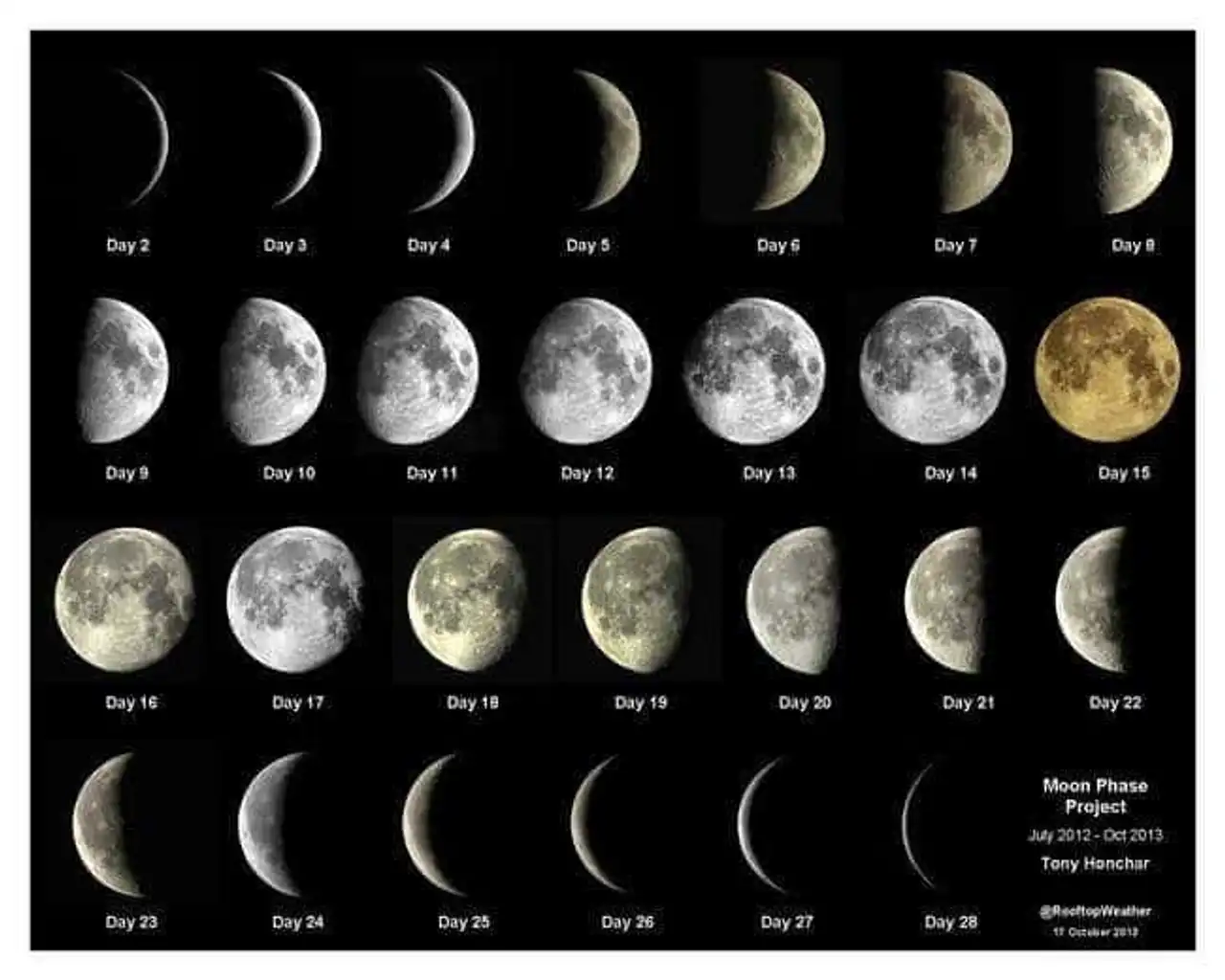
Source – home.comcast.net
It takes about a month to the moon to gravitate around the Earth. The Moon orbits the Earth in about 27.3 days. But the interval between two new consecutive moons (memorial lunar month) is 29.5 days. The lunar calendars therefore use months of 29 or 30 days.
She has mood swings
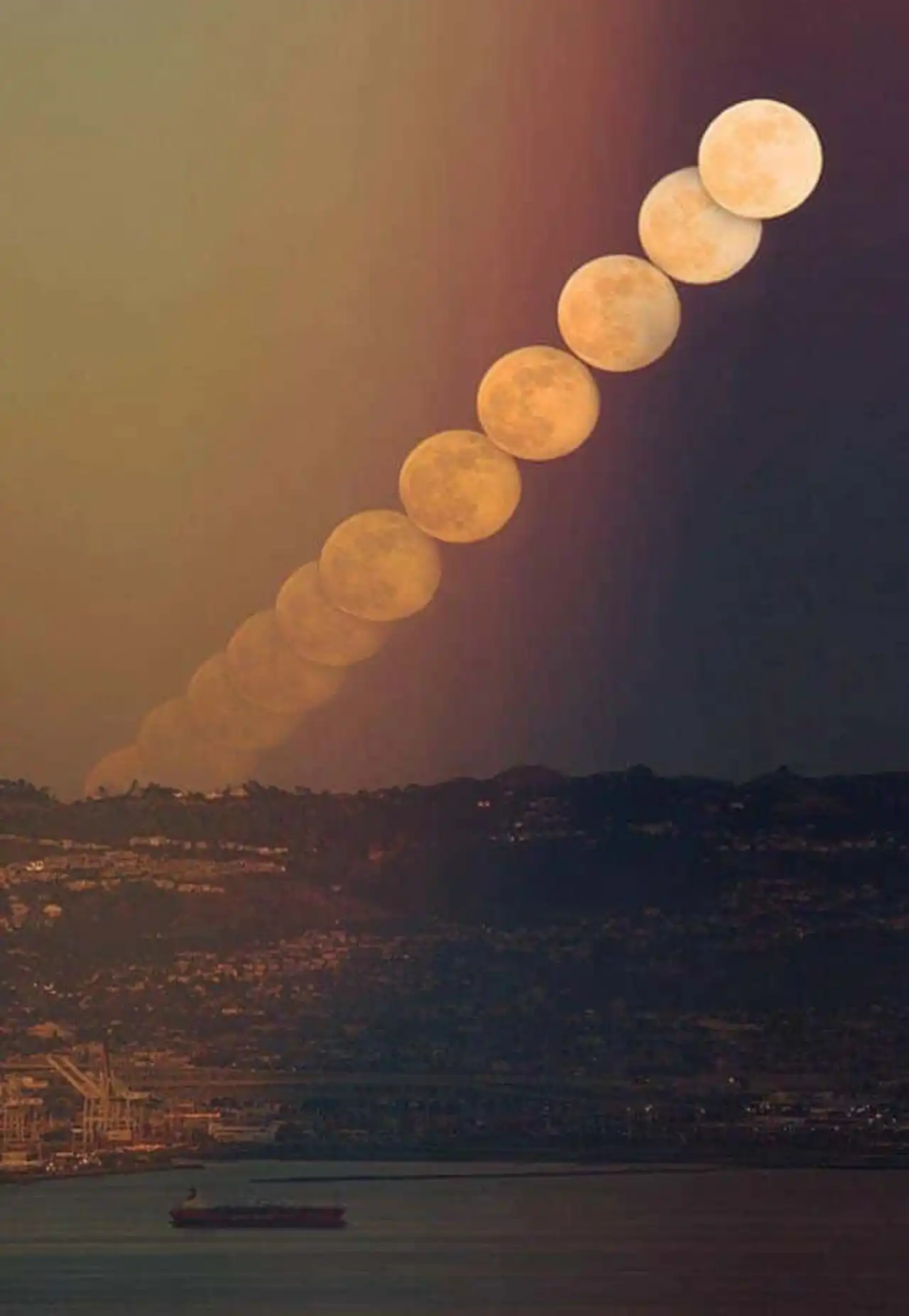
up to +126°C
up to -137°C
It makes you lose weight
The moon has less mass than the earth, so it has a much lower gravitational attraction. If you weigh 70 pounds on Earth, you will only weigh 11.2 On the moon. (By multiplying your weight by 0.16). You can jump much higher and longer as astronauts do.
Your golf swing will be much better
Alan Sheppard, the first American astronaut, was able to hit a golf ball more than 730 meters on the moon surface. His famous quote, after hitting the ball, was: Miles and miles and miles. »Each full moon of the year bears a name
January : Moon of the Loup February: Moon of the Tempest March: Moon Chaste April: Moon of Seeds May : Moon of the Lièvre June: Moon of Love July: Moon of the Prés August: Moon of the Herbs September: Moissons Moon October: Blood Moon November: Snow Moon December : Moon of the Oak
Humans have already begun to pollute it
At the end of missions on lunar soil, artificial objects have been abandoned on the surface of the Moon... If we find carcasses of rockets or satellites, the astronauts left them waste : nearly 180 tons of equipment, including 3 jeeps, dozens of probes and modules, cameras or bags of defencation collectors... There are also commemorative plaques, United States flags, golf balls, and mirrors that NASA uses to gauge the Moon's distance to Earth.
We've also already thought about blowing her up.
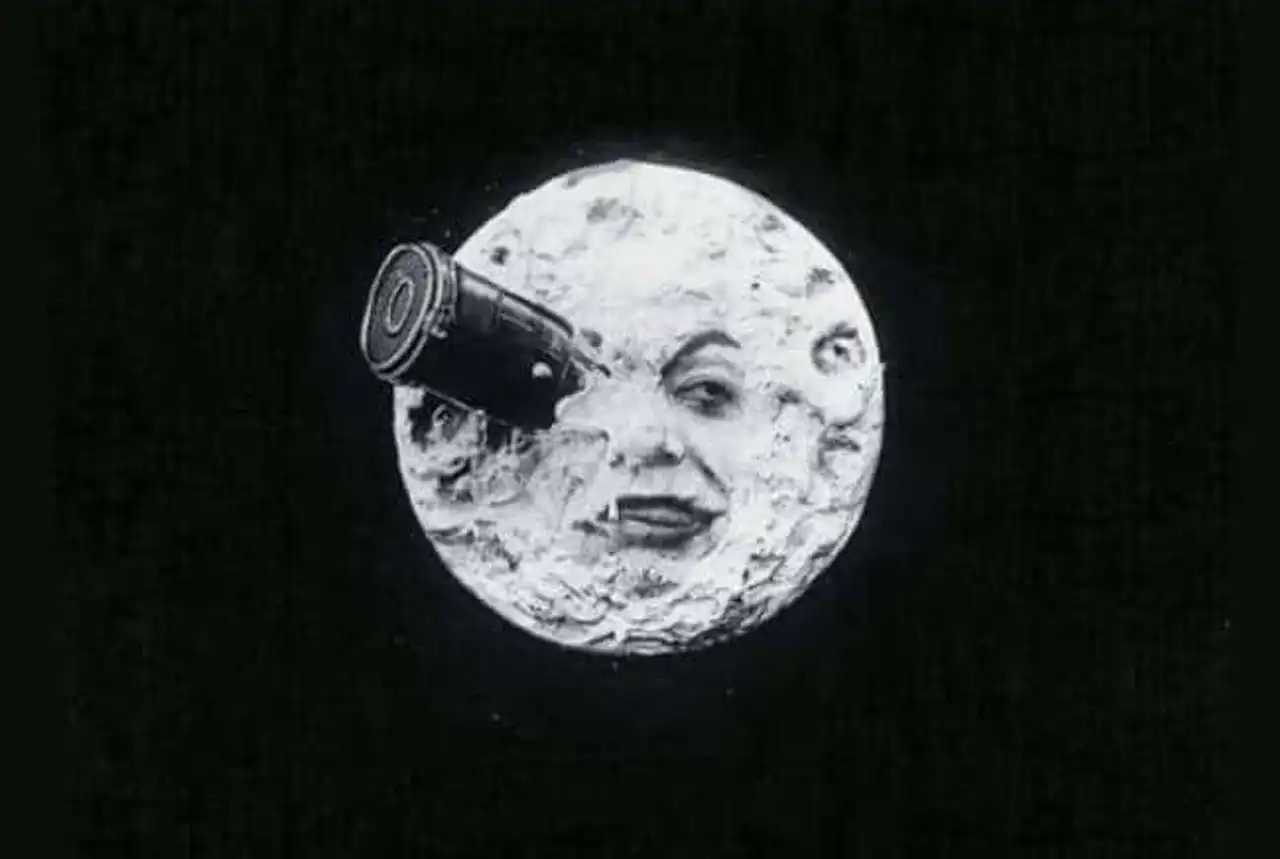 During the Cold War, the United States considered detonating a nuclear bomb on the Moon to prove its power to the Russians. When you read the following below, you think it was a bad idea.
During the Cold War, the United States considered detonating a nuclear bomb on the Moon to prove its power to the Russians. When you read the following below, you think it was a bad idea.
Someone is buried on the moon
 Eugene "Gene" Shoemaker, a famous astronomer and geologist, wanted to become an astronaut, but was refused because of medical problems. He never abandoned the hope that he might one day visit the moon. When he died, NASA realized his most dear desire and sent his ashes to the moon with the mission Lunar Prospector 1998 His ashes remain there, scattered among the moon dust.
Eugene "Gene" Shoemaker, a famous astronomer and geologist, wanted to become an astronaut, but was refused because of medical problems. He never abandoned the hope that he might one day visit the moon. When he died, NASA realized his most dear desire and sent his ashes to the moon with the mission Lunar Prospector 1998 His ashes remain there, scattered among the moon dust.
The shade on the Moon causes total black
The first astronauts to walk on the moon discovered that its lack of atmosphere caused much darker shadows . Everything that is not directly exposed to the sun is typed in absolute black. If you put your hand in the shade, it seems to disappear completely. It was therefore very difficult to perform maintenance (tools were lost in the shadow of the astronauts’ own hands) and this counterbalanced the exploration of the Moon (in the deep shadow it was difficult to say if there was a steep slope or a plateau).
She is the reason we have tides
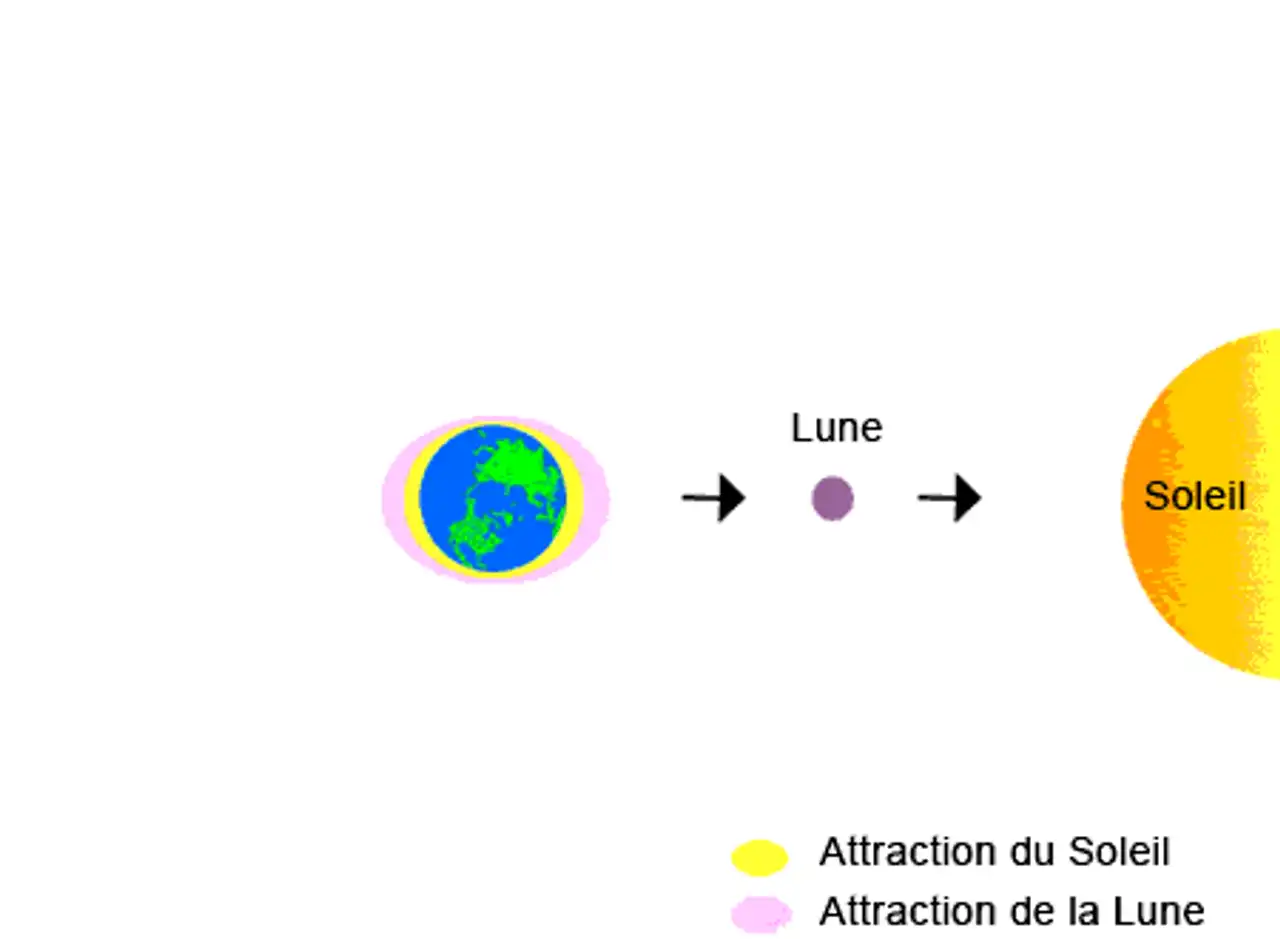 The tide is caused by the combined effect of gravitational forces due to the Moon, the Sun and the Earth’s rotation. It is the combined influence of the Moon and the Sun that is at the origin of the tides . When the two stars are aligned, the effects are added (new and full moon), the tides are then wide amplitude. The largest tides are held at equinoxes (21 March and 21 September), when the equator is in the plan of the Sun.
The tide is caused by the combined effect of gravitational forces due to the Moon, the Sun and the Earth’s rotation. It is the combined influence of the Moon and the Sun that is at the origin of the tides . When the two stars are aligned, the effects are added (new and full moon), the tides are then wide amplitude. The largest tides are held at equinoxes (21 March and 21 September), when the equator is in the plan of the Sun.
Without the moon, a day on Earth would last only 6 to 8 hours.
Because of the Moon and the energy dissipation of the tides, the speed of rotation of the Earth on itself decreases. The duration of the day therefore increases, at a rate of about two milliseconds per century. Thus, in about 4 million years, we will no longer need bissextile years to best align the calendar indications with the actual duration of the year.
Without the Moon, our Earth would be chaotic
In the solar system, planets have orbits that are all about the same plane. The Earth is called the ecliptic. It was demonstrated by Jacques Laskar, a French astronomer, that the Moon stabilizes the value of oblivion around 23°, and thus prevents it from varying chaoticly. In other words, it is the strength of the Moon that keeps the Earth on its slightly inclined axis, allowing the existence of seasons . Without the Moon, our Earth would be a world unleashed by violent winds and cataclysms , and only a primitive form of life would be able to resist such a climate.
Corals reproduce according to the Moon
At every full moon of December, corals off the coast of Australia participate in the most massive synchronized release of eggs and sperm on Earth. Many coral species in the world do, but they are more important to do so in Australia, visible from the coast as pink wavy plumes. Nothing proves that the Moon influences the rejection of gametes (reproductive cells) but all observed synchronizations that took place a few days after the Full Moon, the moon phases have long been assumed to be determinants.
It makes scorpions shine in the dark
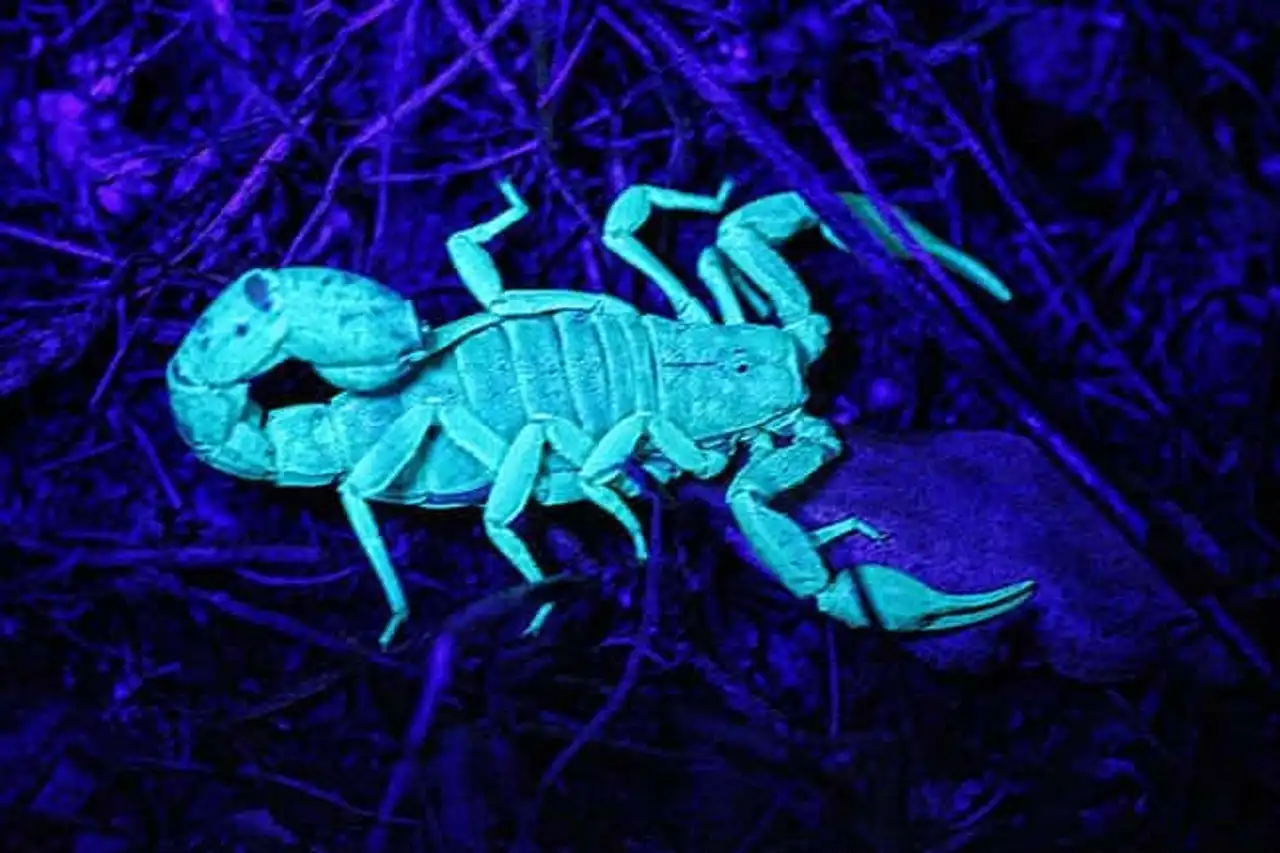 The scorpion synthesizes a fluorescent secretion that wonderfully and summarily reflects the light of the moon and stars. Scientists think that this ability allows it to spot the too clear nights when it would be dangerous to go out hunting, seeing itself intensely reflect light.
The scorpion synthesizes a fluorescent secretion that wonderfully and summarily reflects the light of the moon and stars. Scientists think that this ability allows it to spot the too clear nights when it would be dangerous to go out hunting, seeing itself intensely reflect light.
Did you know any of these facts about the Moon? Do you know others?
Photo source: Distractify
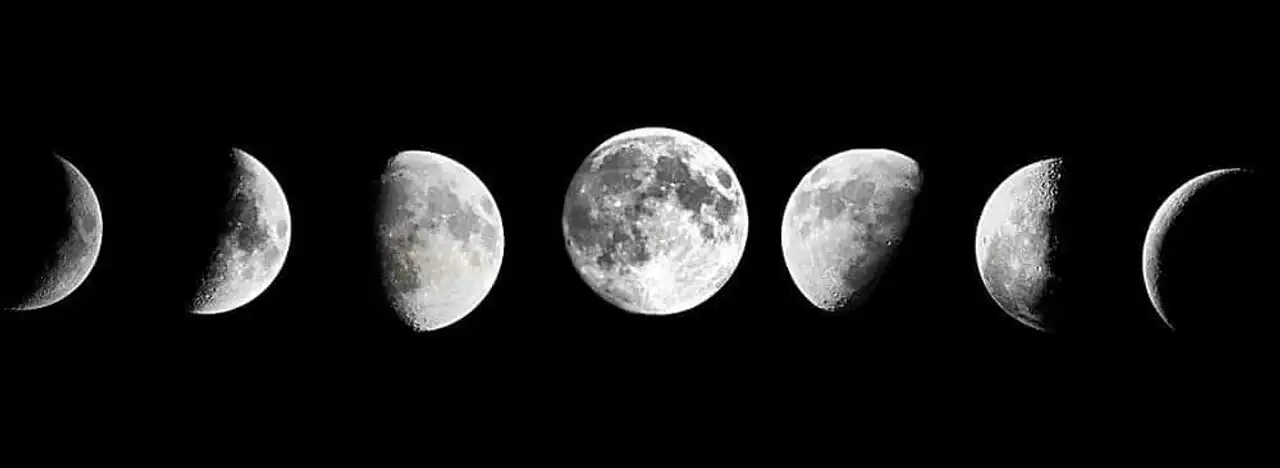







Loading comments ...